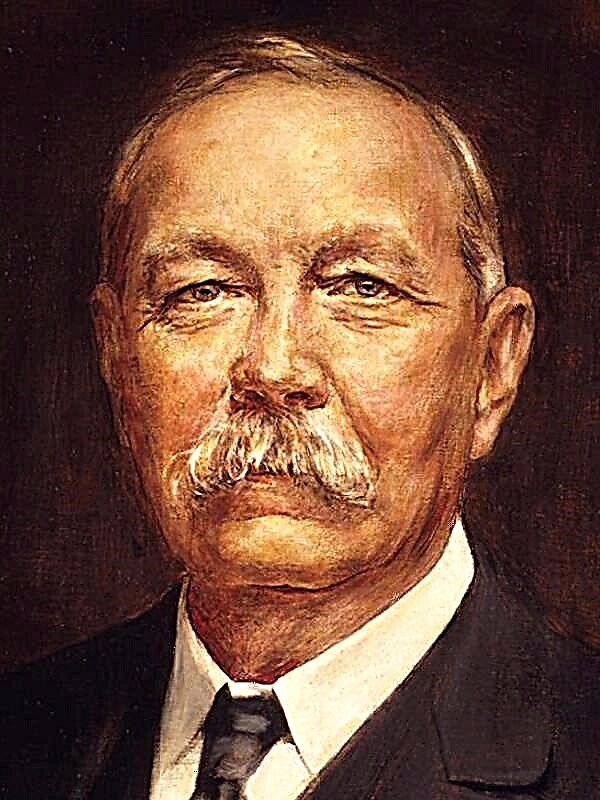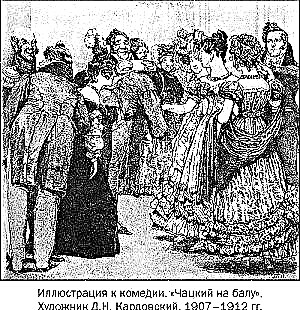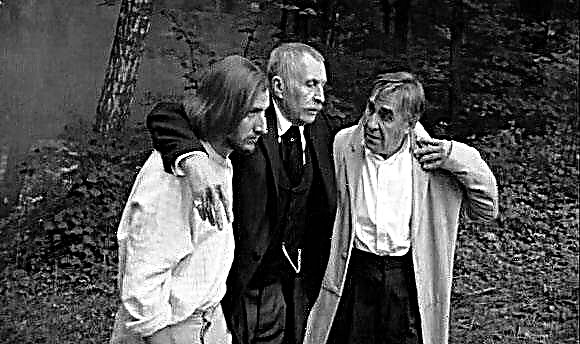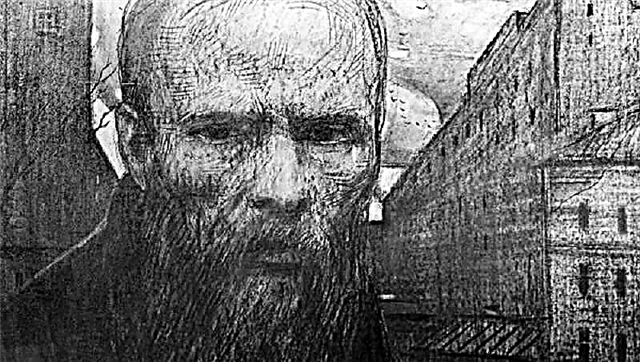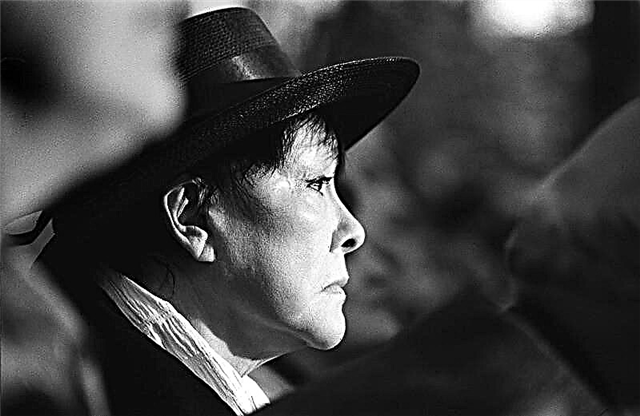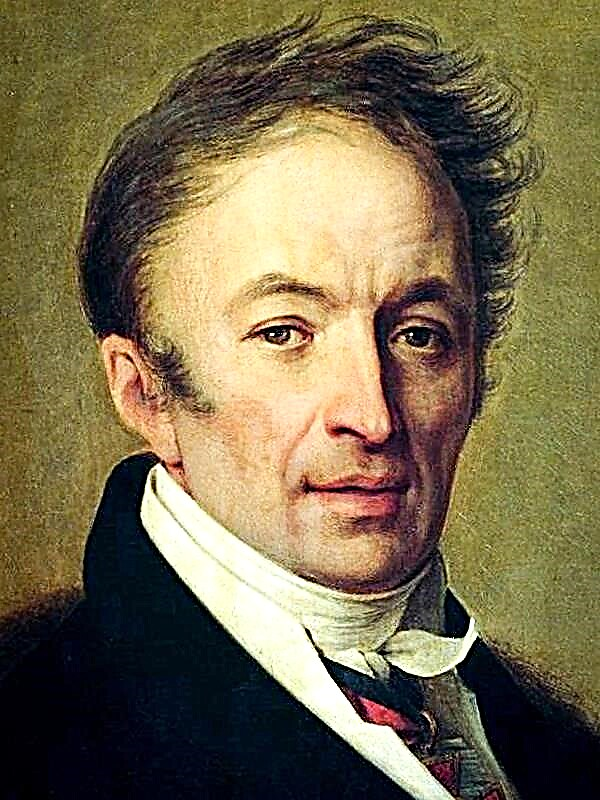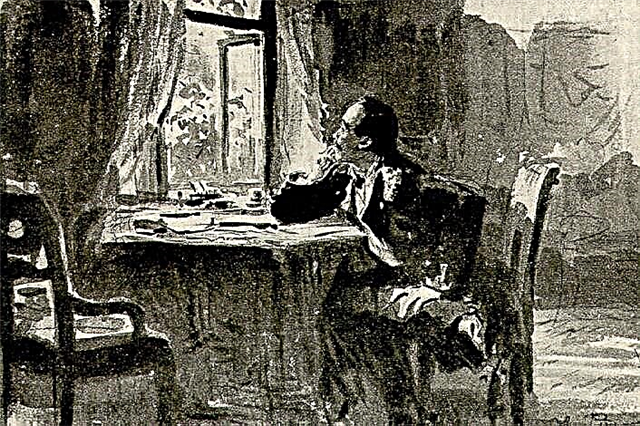Turgenev’s “singers” are included in the middle of the series of stories “Notes of the Hunter” (this cycle is called “cycle” on the grounds that the narrator’s personality, in many respects identical to the author himself, is present in all the stories, and also because the writer composed these works, perceiving them as a whole). It embodies the peculiarities of the author's style, characteristic of the entire collection, the main of which are descriptions of landscapes, the figure of the narrator, psychologism (a way of revealing the characters' characters) and, of course, close attention to a simple Russian man and his fate.
History of creation
Having become acquainted with this work, the reader will undoubtedly be able to make an impression of both the whole cycle of stories and the prose of Turgenev, the great master of Russian literature, in general. It was thanks to his mastery in writing stories that he became famous not only in Russia, but throughout Europe during his lifetime.
"Singers" were written by Turgenev in the midst of work on the collection - in 1850, when the author was clearly aware of the social and aesthetic significance of the future cycle, in which he created stories. This means that each work reflects, to one degree or another, the specifics of the “Notes of the Hunter” as a whole, and they must be taken together, as Turgenev himself did.
This story was created at a time when most peasants existed under the yoke of serfdom (abolished only in 1861 by the decree of Alexander II, who, by the way, read “Notes of the Hunter”), in a destructive public and natural environment (remember the ravine around which the village of Kotlotovka is located from "Singers"). Already there were prerequisites for the decomposition of the landowner land tenure system, the echoes of which are also found in this collection.
Genre and direction
Turgenev's “Singers” is a story. It is characterized by everything that is characteristic of other examples of the genre: a small number of storylines (in this case, one), characters (in this case, nine), resolved problems (in this case, two, not counting the varieties).
Turgenev in “Notes of the Hunter” sought to plausibly, realistically depict the life of the Russian people, primarily ordinary people. This intention corresponds to what the representatives of the natural school did.
Composition
- The work begins with an extensive exposure (the part introducing the reader to the development of the plot with the main characters and their surroundings). It tells about the landscape specifics of the location of the village of Kolotovka (it is located on a hill divided by a ravine, it divides the village in half), about the heart of the village - a pub, which is owned by one of the main characters - Nikolai Ivanovich.
- Then the author proceeds to the plot: the storyteller comes to the village and finds out that in the tavern there will be a competition between row singers (this is a profession; the employer of workers) and Yashka-Turk, and this excites his interest, so he goes to listen.
- The narrator expands the main part, which consists only in preparations for the competition and the performance of the rowman, due to the characteristics of the characters who anticipate the performance of the singers in the tavern.
- The climax is Yashka’s delightful performance and victory.
- At the end, the narrator leaves the tavern and leaves the village of Kolotovka.
The composition of Turgenev’s story “Singers” is mirrored: at the beginning, the main character arrives in the village on a scorching day, and finally leaves the village on a cool night (day-night images, the weather is hot and cool, the actions of the hero are opposite at the beginning and at the end of the work). As in many stories from Hunter's Notes, the writer does not concentrate on the plot; its development occupies a small part of the volume of the work. Most of them are landscapes and personality characteristics of the characters.
The main characters and their characteristics
The images of the singers in the story of Turgenev play a key role in the plot.
The characteristic of the row given by the narrator himself is as follows:
As for the little brother, whose fate, I admit, remained unknown to me, he seemed to me a dodgy and lively city tradesman.
Turgenev also reveals his character through cold-blooded and self-confident behavior before the competition.
About the other singer, the narrator reports the following:
Jacob, nicknamed Turk, because he really came from a captured Turkish woman, was to his liking - an artist in every sense of the word, and by rank - a merchant in a paper mill.
He, unlike the rowman, is exhausted from the excitement before the contest and shows insecurity.
These heroes are opposed by their social status (the ranger is rich, Yashka is poor), according to his behavior before the performance, one has a name and the other does not. But the most important difference between them is their singing. The rower sings in such a way that it is interesting to listen to him, however, the great singing of Jacob makes the tears of the men cry, and takes it for his soul. The line between performers lies in the same place as the line between entertainment and art.
However, in comparison with other characters (Stunned, Morgach, Nikolai Ivanovich, Dikim-Barin), the narrator reports very little about these two, without delving into their biography. Turgenev in “Notes of the Hunter” wanted, first of all, to show the nobles (they only read it) that ordinary Russian peasants also have complex, sometimes unusual characters, have the soul that they are the same people as Turgenev’s readers, who make up a single Russian people.
Themes and Issues
The most significant theme of the story is the theme of music or more broadly - the theme of art, revealed by the plot conflict. Accordingly, the following issues are associated with it:
- The effect of music on humans - when Jacob sings, he touches the thinnest strings of the souls of his listeners, gives them the opportunity to feel, feel the beauty (this problem can be reformulated: the effect of art on a person, the effect of beauty on others);
- Genius problem - Jacob is poor, has a low social position, but has something more significant - the ability of singing to influence people's emotions (the role of talent in society).
The main idea
The idea of Turgenev’s story “Singers”: there is a clear line separating beauty from ordinary entertainment. The performance of Jacob not only exceeded the performance of the rowman, it was fundamentally different in that it directly affected the souls of others, it was not just a pleasant sight, it was really beautiful.
The meaning of Turgenev’s story “Singers”: beauty is a slight flicker in the darkness of everyday life, and after contact with beauty it hurts a person to return to the stuffy darkness of life. This is what the narrator feels after the speech, so he leaves the tavern until the moment when Yakov and the other men begin to celebrate and get drunk, that is, before Yakov from the inexpressible translator turns back into the scoop Yashka-Turk.
Means of artistic expression
Turgenev’s storyteller’s skill lies in portraying sophisticated landscapes and psychologism (revealing the characters' inner world through speech, behavior). The author seeks to understand the essence of the described phenomenon. It was this desire to display the smallest details of the depicted life that made him a great writer.
Turgenev's style in “Singers” is characterized by an abundance of epithets and comparisons.
In “Singers” the image of voice is significant. It is thanks to the conversations that the narrator enters the tavern, precisely the moment of singing is the culmination and precisely the cry: “Antropka-ah!” escorts the narrator retiring from the village.
The landscape, the landscape of the village, divided in half by a ravine, as if symbolizes the wound that the narrator felt when he returned from the depths of his soul to an ordinary existence.

